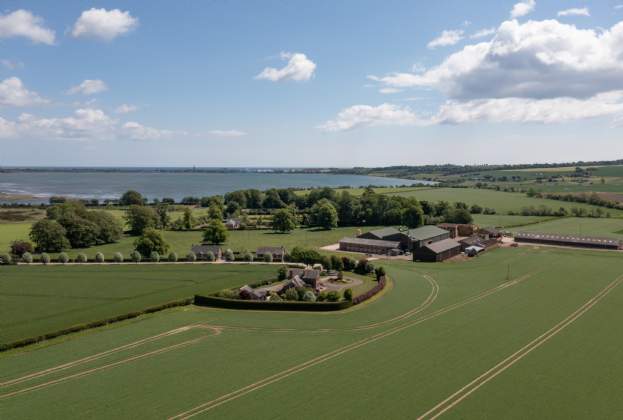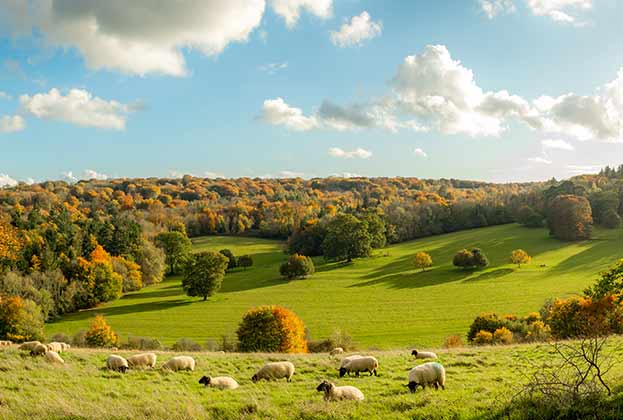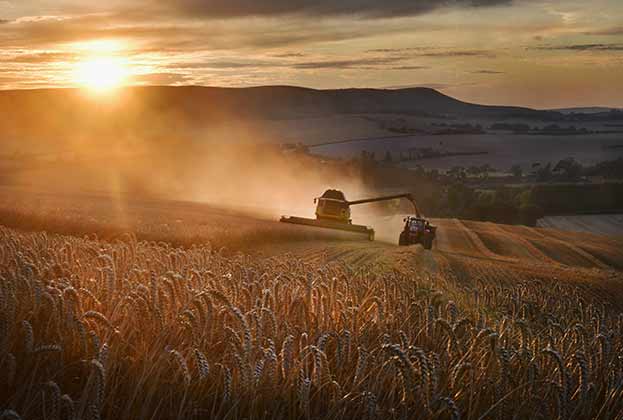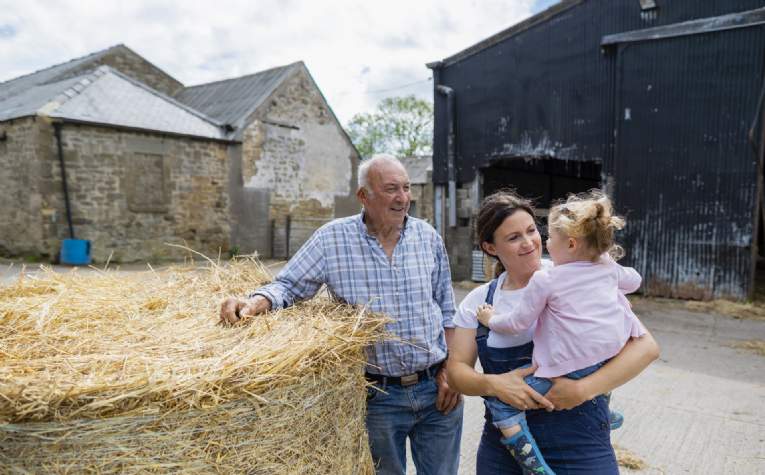With agriculture and its relationship with nature high on the agenda there's never been a better time for farmers and landowners to demonstrate their green credentials.
For example, the Countryside Stewardship Scheme (CSS) – which is now open for a new round of applications for 2022 – offers extra funding for those who want to improve water quality.
Under the scheme, farmers and landowners in CSS Water Quality High Priority Areas (England) can apply for a Water Capital Grant of up to £20,000 to pay for works designed to reduce the amount of silt, nutrients or pollutants entering watercourses and groundwater aquifers.
The amount on offer is double that of last year and possible options include actions such as concrete yard renewal, livestock and machinery hard-core tracks, hard bases for livestock drinkers and sprayer or applicator load and wash-down areas.
When preparing an application it’s worth bearing in mind the following:
Before making an application
- Only farmers and landowners in the Countryside Stewardship’s Water Quality High Priority Areas (England) qualify. This includes large parts of Lancashire and Yorkshire through to East Anglia, the South Downs and some of the Cotswolds, Herefordshire and the West Country – but you should check your eligibility on the MAGIC interactive mapping website.
- Before you start, look at what options are available using the Countryside Stewardship grants search tool and consider which ones are most suited to your existing farming operation.
- Most items will require the approval of your local Catchment Sensitive Farming Officer (CSFO) so make contact as soon as possible. In many cases they will undertake a site visit and endorse the application to the Rural Payments Agency (RPA).
- Ensure mapping is accurate or submit RLE1 forms to register any new land before applying.
Managing the agreement
- Agreements start from the first of the month after the RPA has completed its checks. They last for a maximum of two years, with exact timeframes set out in the agreement document.
- Ensure records are up to date. Retain receipted invoices and bank statements to prove funds have been spent on the capital works. Dated photographic evidence showing before, during and after the permitted work is also important.
- Beware of double funding. If you have land already included in another agreement then it’s worth checking to see if it is still eligible.
- You can only claim the grant funding for the work once it is complete, so ensure you can manage the cash flow requirements of the agreement.
The Water Capital Grant is one of several grants now available through the Countryside Stewardship Scheme for 2022.
Further information
Contact Savills Food & Farming
.jpg)
.jpg)
.jpg)
.jpg)

.jpg)


.jpg)

